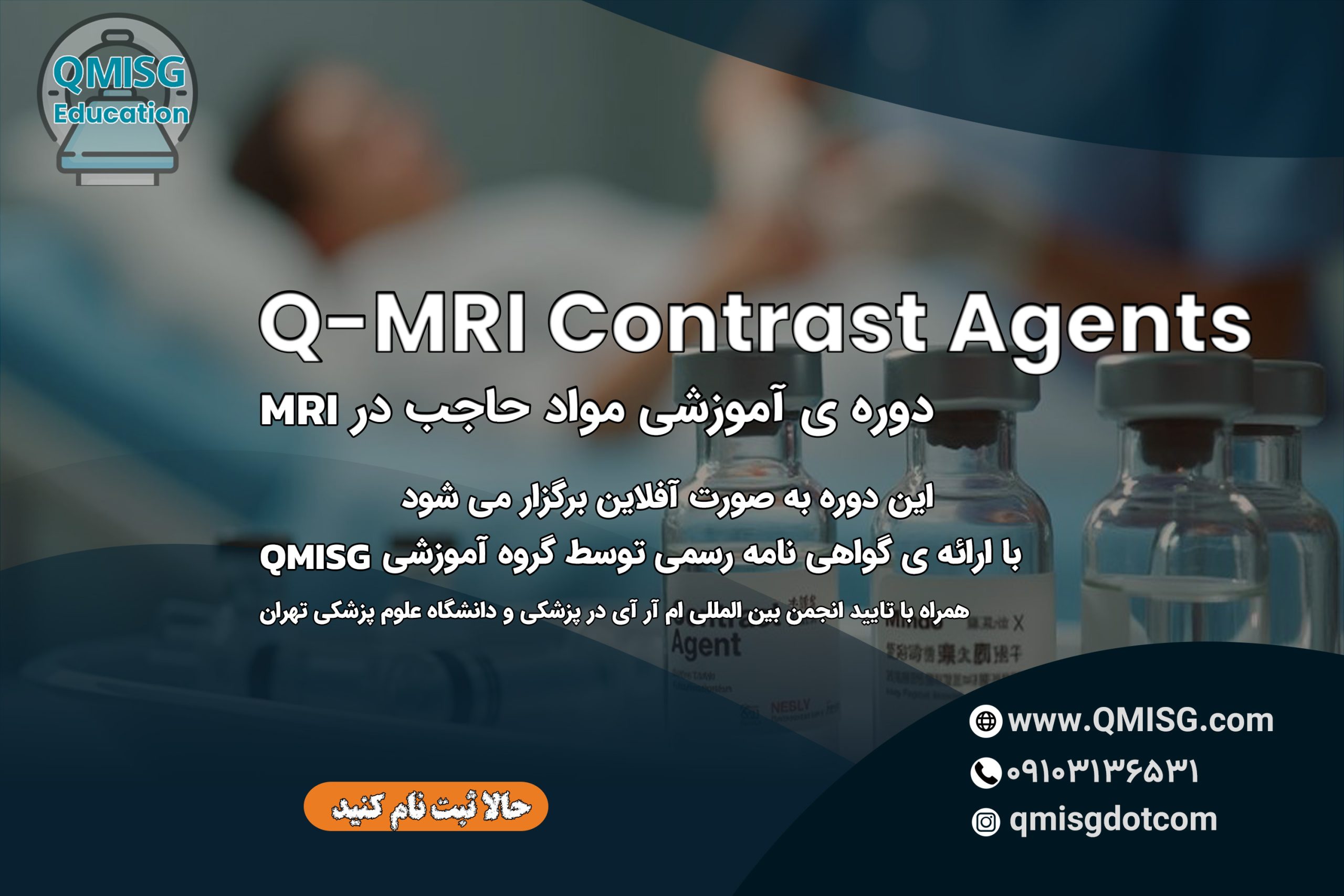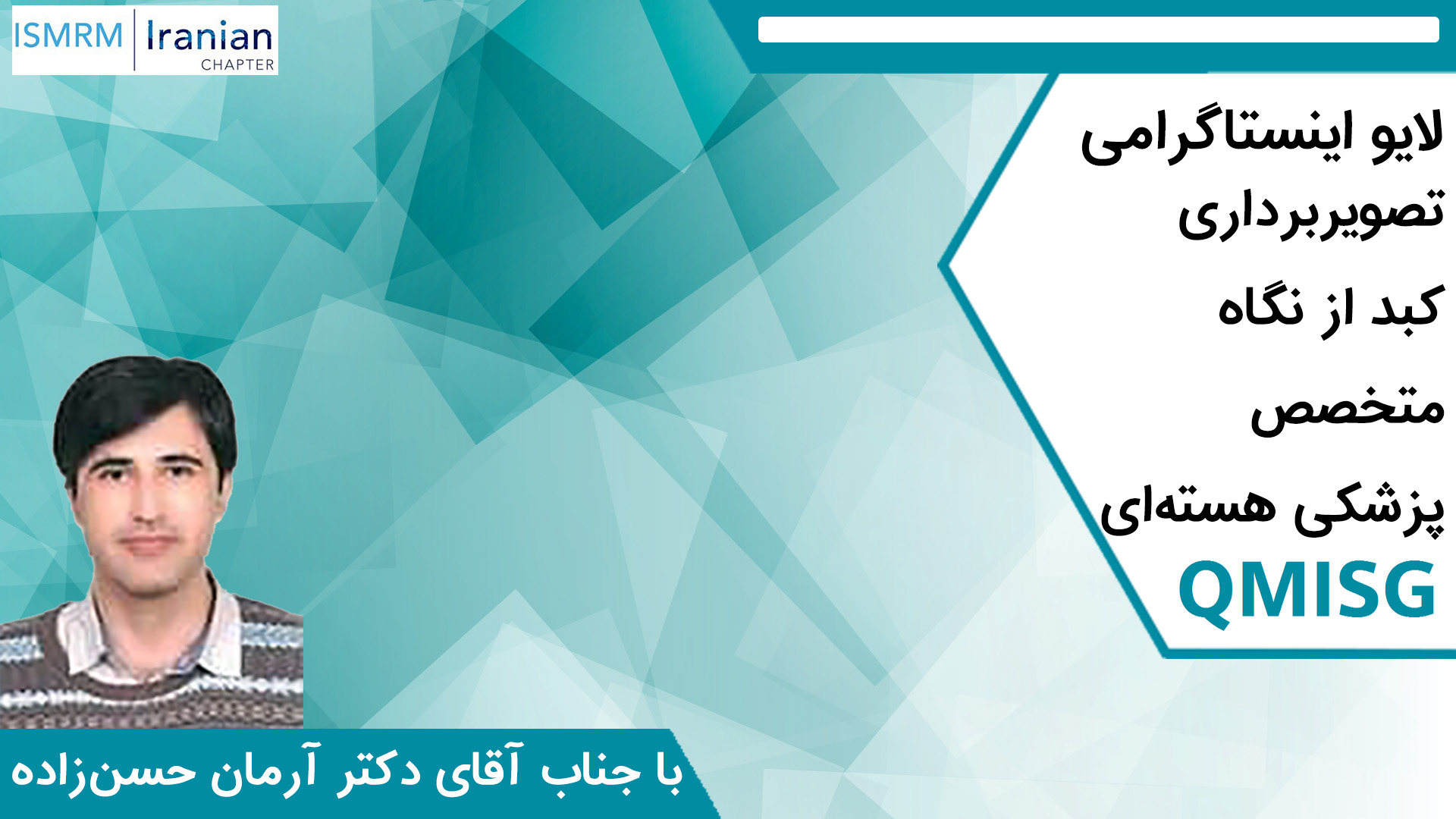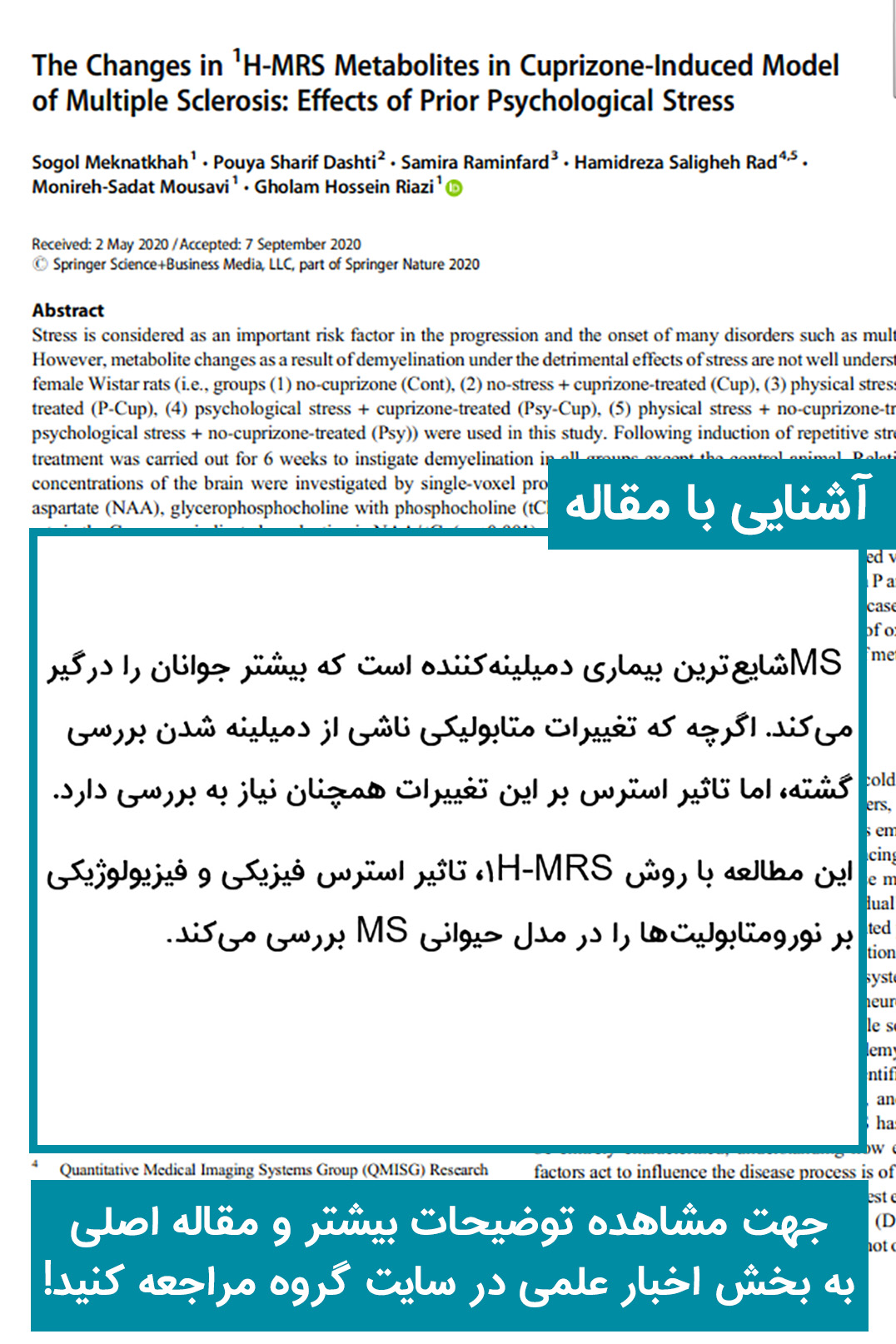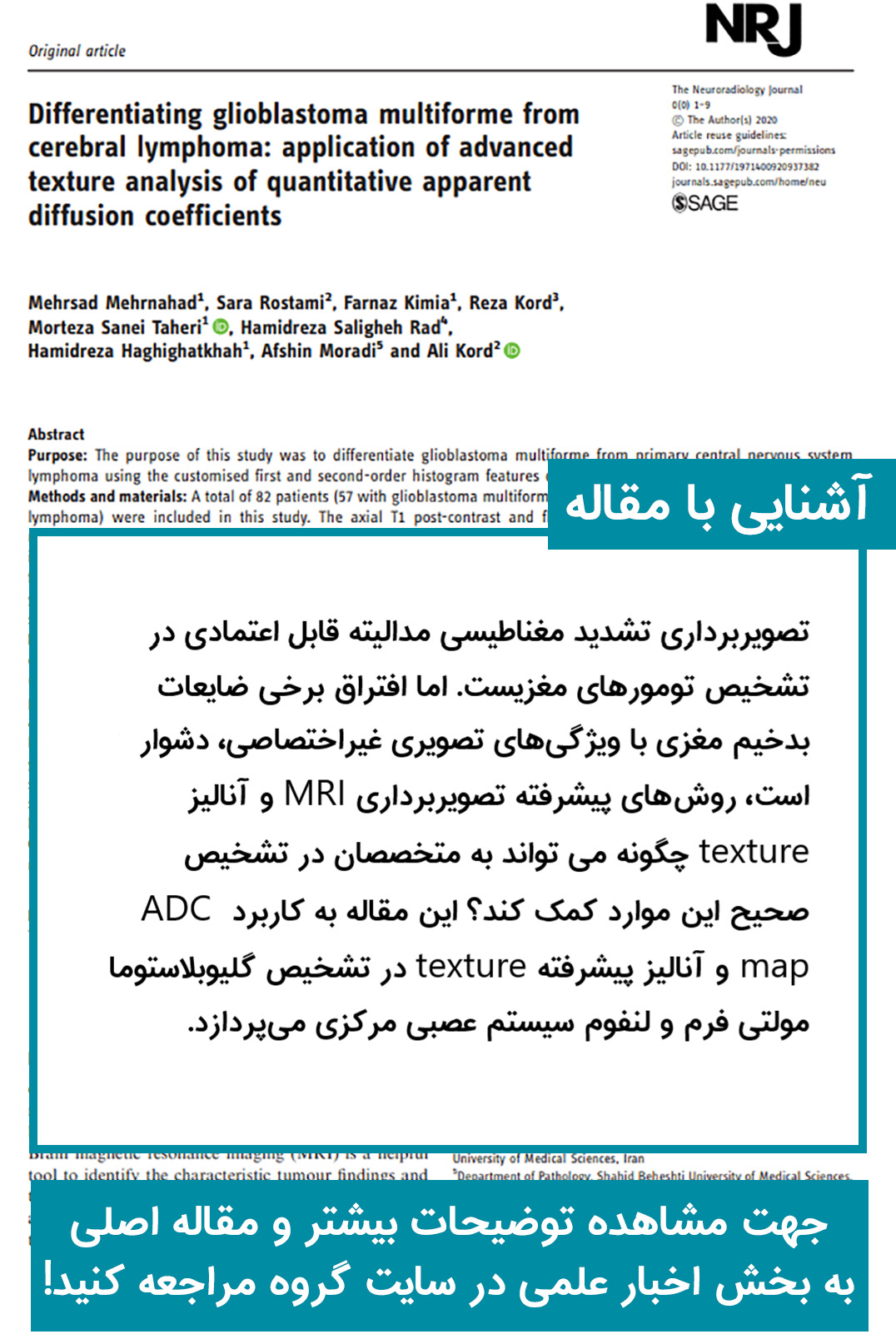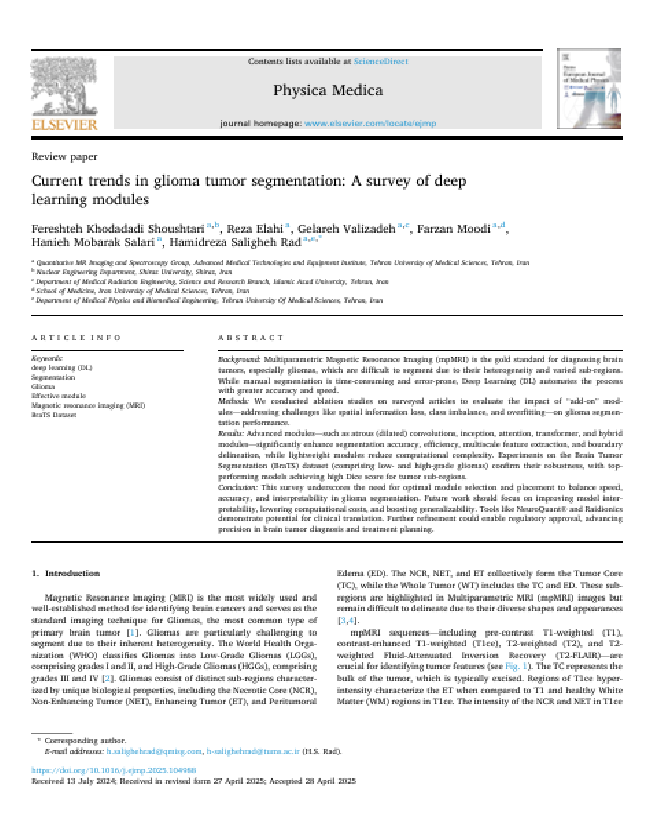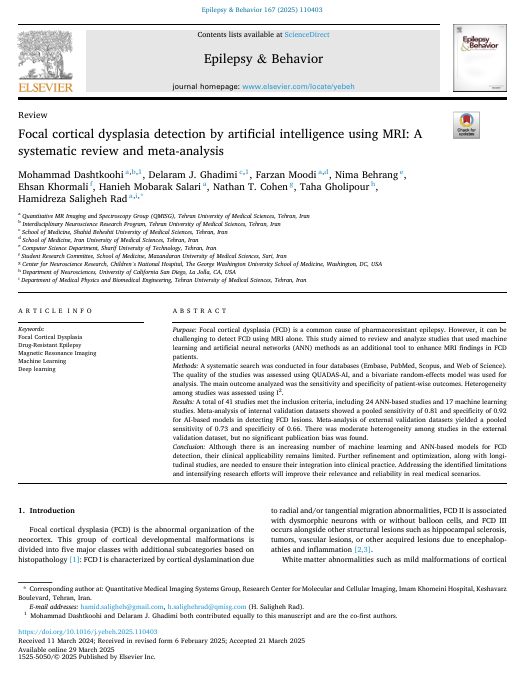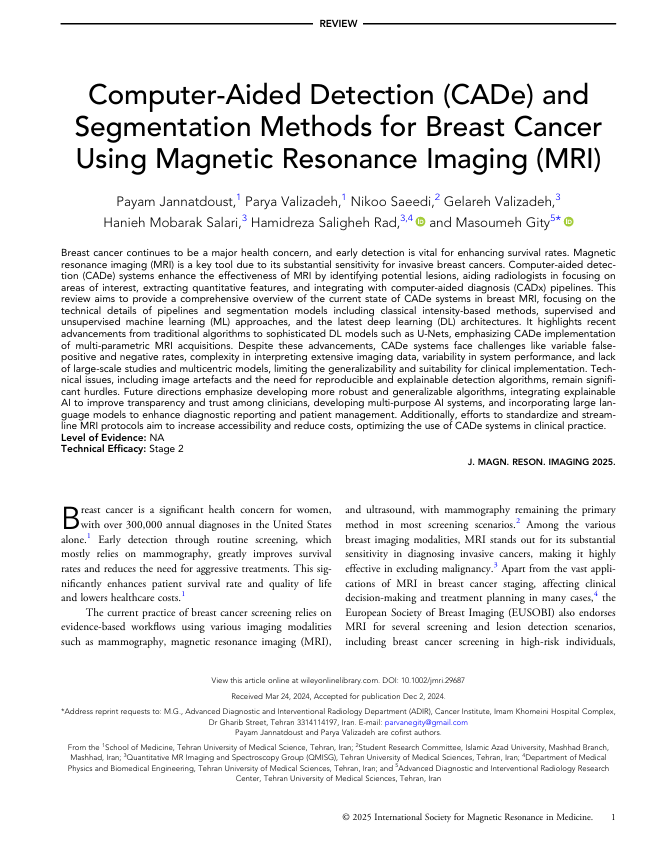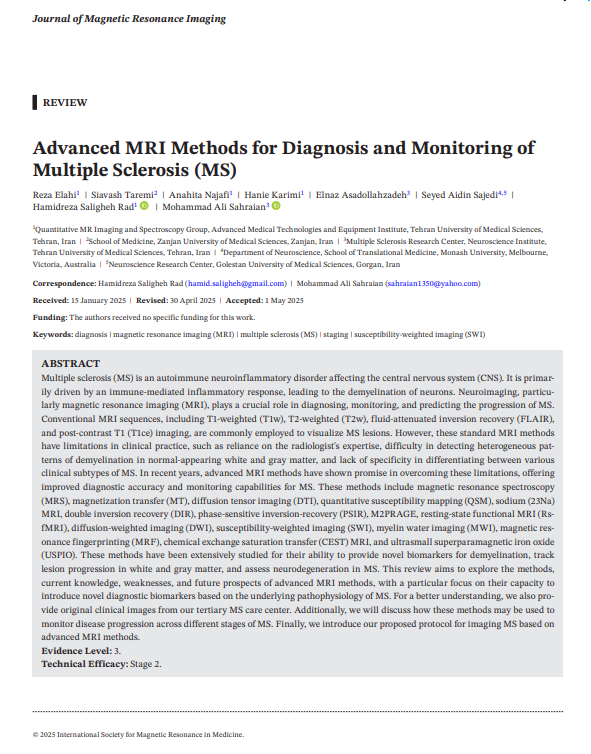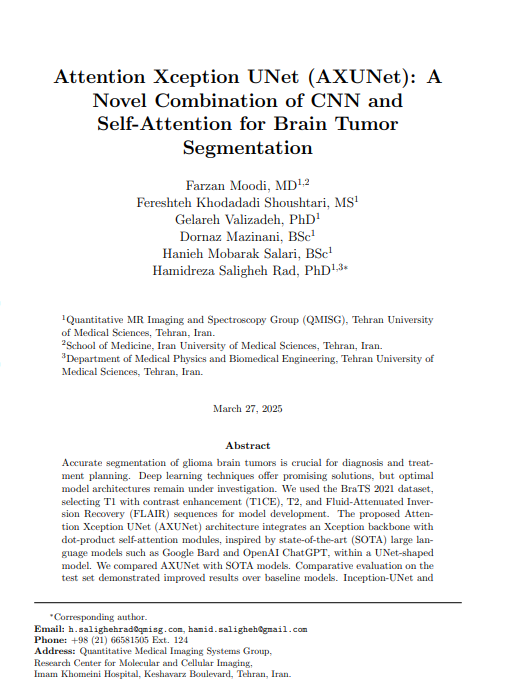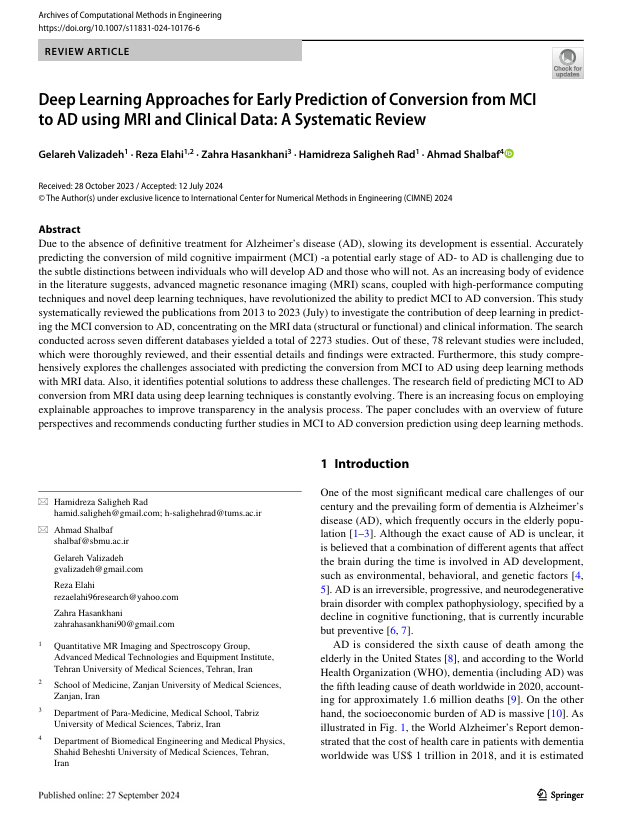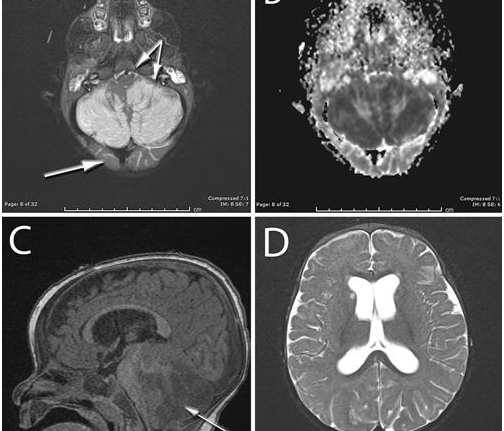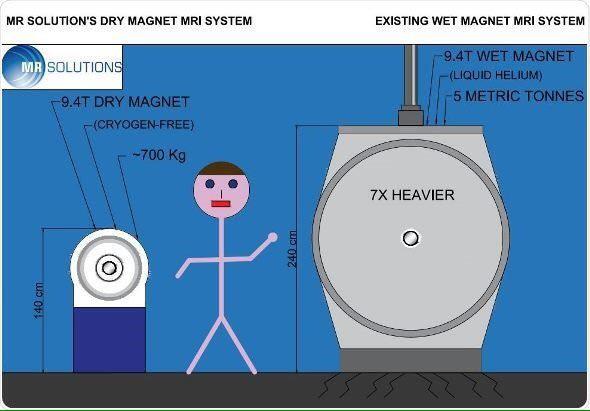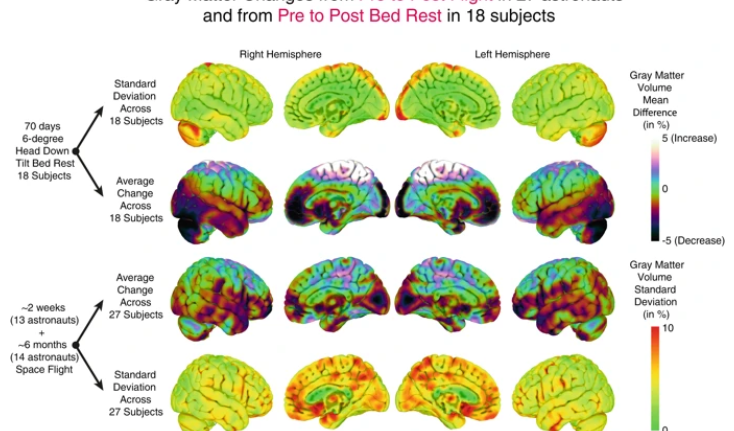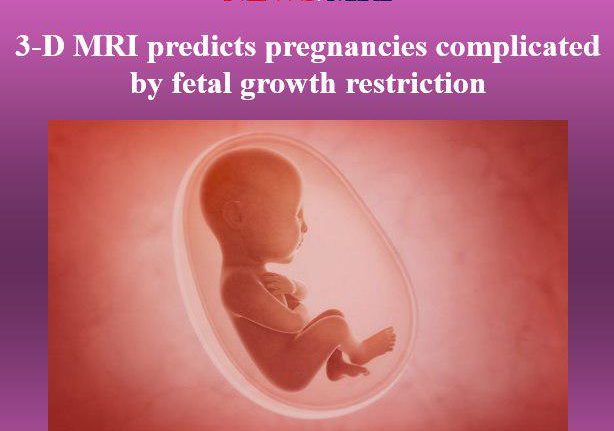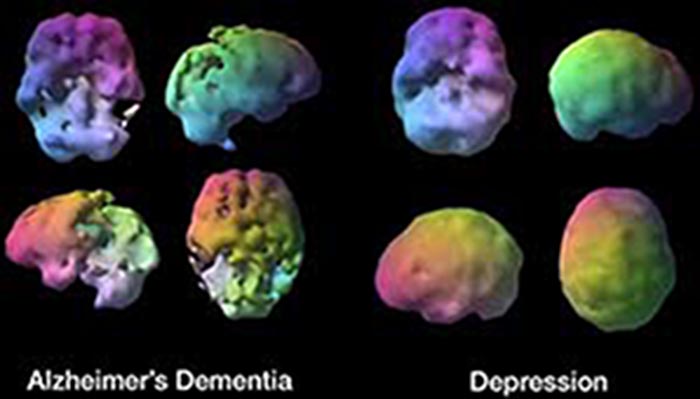Who Are We?
The Quantitative Magnetic Resonance Imaging and Spectroscopy Group (QMISG) is a multidisciplinary team of researchers and physicians committed to advancing magnetic resonance quantification. Our work focuses on developing innovative imaging technologies to support accurate disease diagnosis and monitoring. Our key projects include, cortical bone quality assessment, brain tumor contouring, prostate cancer screening, Alzheimer’s disease classification.
We offer advanced research services in whole-body MR imaging, magnetic resonance spectroscopy (MRS) signal analysis, and functional MRI (fMRI) analysis. By enhancing imaging capabilities, QMISG aims to improve disease characterization and patient outcomes, empowering both clinicians and researchers in their diagnostic and therapeutic decisions.
No research without action
is to get better diagnosis

INTERNATIONAL COOPERATION
At QMISG, we believe the future of MRI/S lies in international collaboration to advance imaging and quantification technologies aimed at identifying biomarkers of disease progression.

CREATIVE EDUCATION
QMISG fosters an education- and research-oriented community to support physicians, surgeons, radiologists, and patients with high-quality services.

INNOVATIVE RESEARCH
QMISG is a multidisciplinary magnetic resonance quantification research group, established in 2012 at the Research Center for Molecular and Cellular Imaging (RCMCI).


